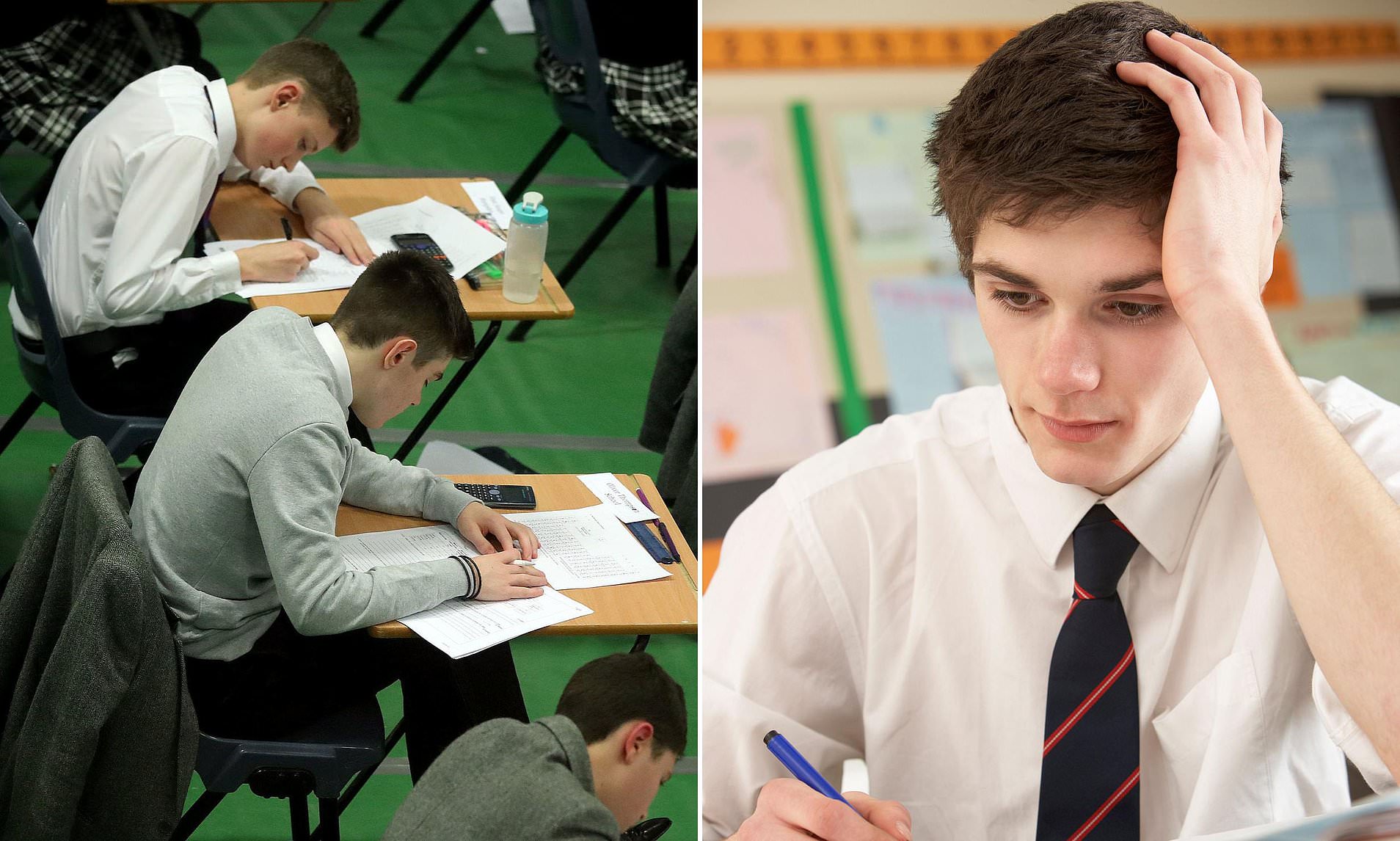Schools Face Accusations of Enabling GCSEs in Native Languages to Improve Results

Rising Popularity of Unusual Languages in GCSE Exams
More students are choosing to take GCSEs in less common languages such as Chinese and Russian, raising concerns about the impact on educational standards and fairness. According to recent data, the number of pupils taking these niche language exams has increased by 70% over four years, reaching 42,945 this year. This is significantly higher than the number of students taking German and represents a third of those studying French.
Experts believe that many of these students come from migrant backgrounds and are using their native languages to secure an easier GCSE qualification. This trend has sparked debate, as these GCSEs can contribute to the Government’s Ebacc, a performance measure designed to encourage students to pursue rigorous subjects. However, there are worries that this could discourage non-native speakers who are learning the language from scratch.
The category of “other modern languages” includes a wide range of options beyond the traditional French, German, and Spanish. These include Arabic, Italian, Japanese, modern Hebrew, modern Greek, Bengali, Polish, Turkish, Urdu, and Panjabi. The growing interest in these languages has raised questions about how they are being used within the education system.
Iain Mansfield, head of education at the Policy Exchange think tank, highlighted the issue of schools using these qualifications to artificially boost their rankings. He emphasized that while it is acceptable for individual students to take these exams in their heritage language, the increasing numbers suggest a need for stricter oversight. He called for the government to address this loophole and ensure that schools do not gain credit for enrolling students who are already proficient in the language.
Alan Smithers, professor of education at the University of Buckingham, noted that many of these GCSEs are dominated by native speakers who perform exceptionally well. He pointed out that while this meets school obligations to promote language learning, it may deter other students from exploring important foreign languages like Chinese and Russian. These languages are often seen as more challenging for non-native speakers, leading to a lack of interest.
The number of students taking these "other foreign languages" has been increasing every year since 2021, with a 1% rise recorded in 2024. Almost a quarter of these students take the exams a year early, suggesting they have prior knowledge of the material. Last year, 72% of entries in this category achieved at least a grade 7, which is equivalent to the old A-grade. This is significantly higher than the 22% average across all GCSE subjects, making it the highest-scoring category.
Leeds City Academy is one institution that actively encourages students to take GCSEs in what it calls “heritage languages.” These are defined as the first language spoken by the student or a language in which they are proficient. The school offers just two hours of after-school tuition to help students pass the exams, which are administered by EdExcel. According to the school’s website, heritage language students are expected to sit the higher tier exams due to their existing knowledge of the language.
This trend has raised concerns among native English speakers who are learning these languages from scratch. Some private schools now offer courses in languages like Chinese, recognizing their potential value in the global job market. Previous research by Ofqual found that native speakers tend to perform better in A-level language exams compared to non-native speakers.
A Department for Education spokesperson emphasized the importance of language learning in empowering students to engage with the world and develop critical thinking skills. They stated that the government is committed to increasing the number of students studying languages at GCSE, including those commonly spoken in modern-day Britain. Decisions about which languages to offer are made by exam boards based on demand from schools and the number of people speaking the language in the UK. Many post-16 and adult learners also take language GCSEs, particularly in lesser-taught languages.

Comments
Post a Comment